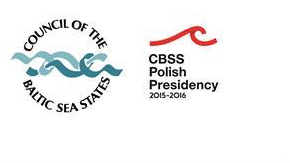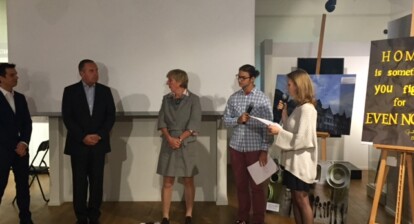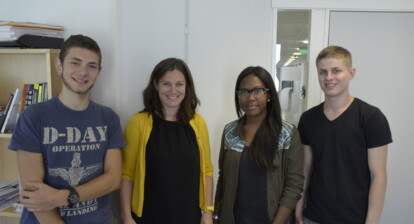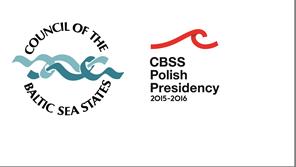Gyldendal Norsk Forlag is a publishing house, one part of Gyldendal group. Its history goes back to 1770, when it was founded by Søren Gyldendal, owner of a bookstore in Denmark. Now it’s independent company, which shares only a name with its Danish equivalent. We met Ulv Pedersen, the head of Gyldendal Education, to interview him about role of publishing house in democracy.
“We have to encourage critical thinking and put things to debate,” replied Mr. Pedersen on introductory question, “(…) freedom of speech is important for publisher, he’s like channel for authors and all kinds of thoughts.” On topic of limits in publishing work he said:
“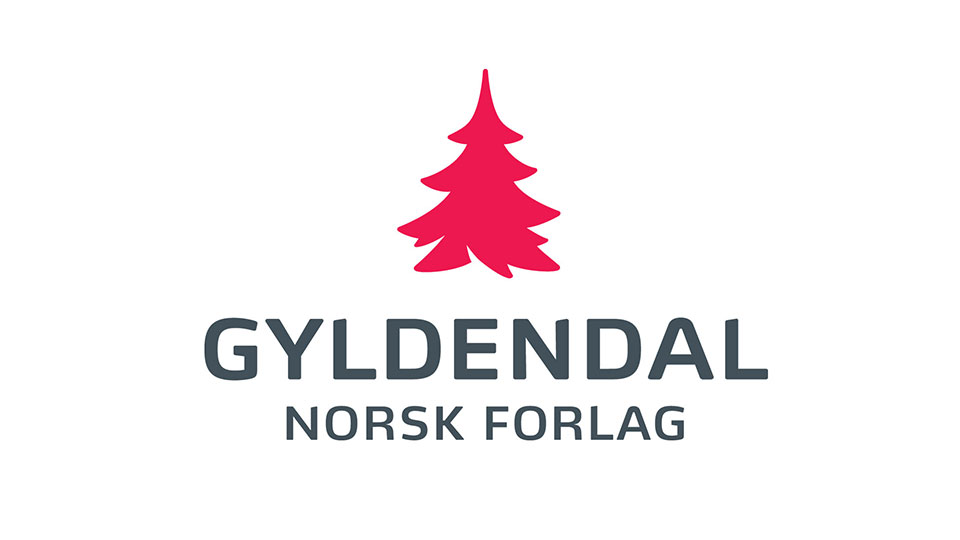 Freedom of speech is very strong in Norway. Of course, you have to be careful. You have to protect each particular person. You can’t print everything. (…) There is difference between books and newspapers. In newspapers everything is very quick (…) but in books you go further, you are checking everything and so on. (…) But there is no topic in Norway you couldn’t really write about.”
Freedom of speech is very strong in Norway. Of course, you have to be careful. You have to protect each particular person. You can’t print everything. (…) There is difference between books and newspapers. In newspapers everything is very quick (…) but in books you go further, you are checking everything and so on. (…) But there is no topic in Norway you couldn’t really write about.”
Besides the fact, that there are no limits in everyday literature in Norway, state also doesn’t have any surveillance on content of educational books – governmental probation was cancelled in the year 2000.
“We want to educate children to think critical and to be able to be good citizens. (…) And also, when it comes to immigration (…) it’s important to make this a good society. And school is very important. This is probably the most important integrational way”
Jan (Czech Republik), Carina (Estonia), Petra (Slovakia)

